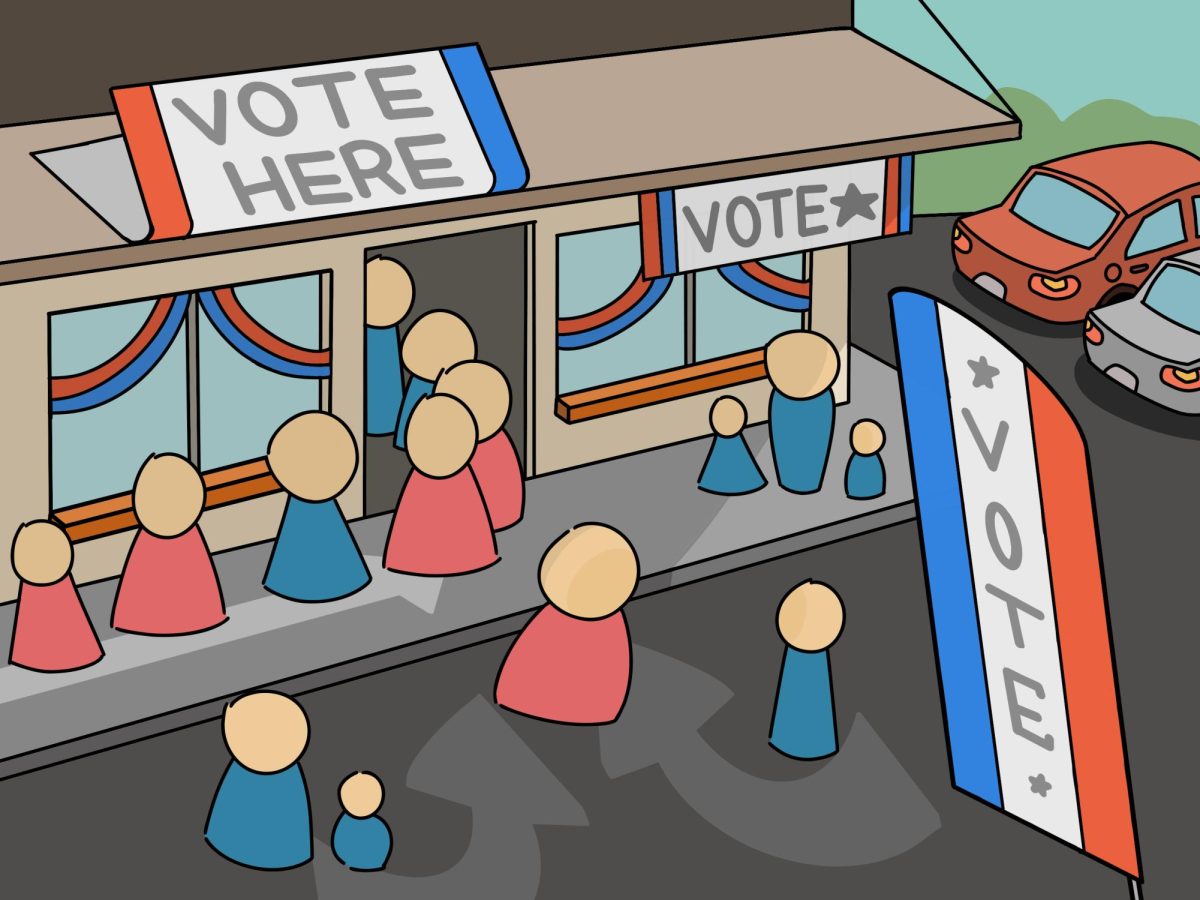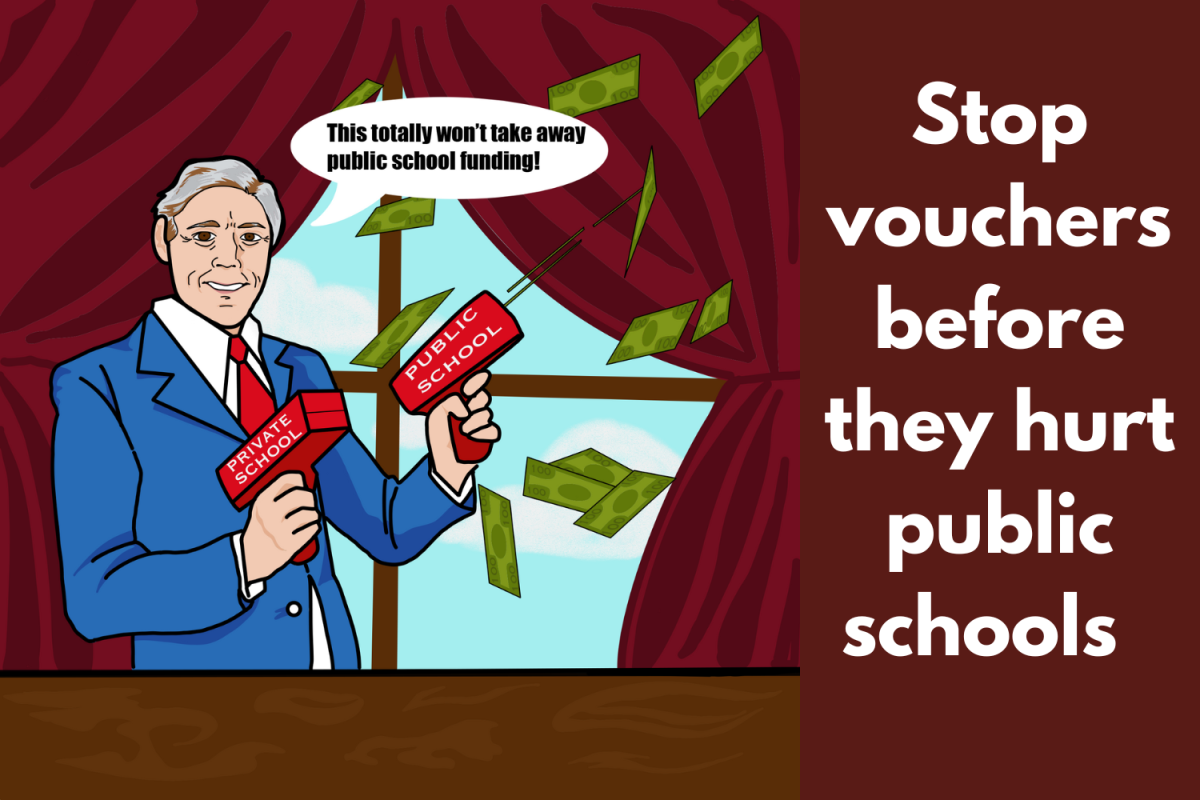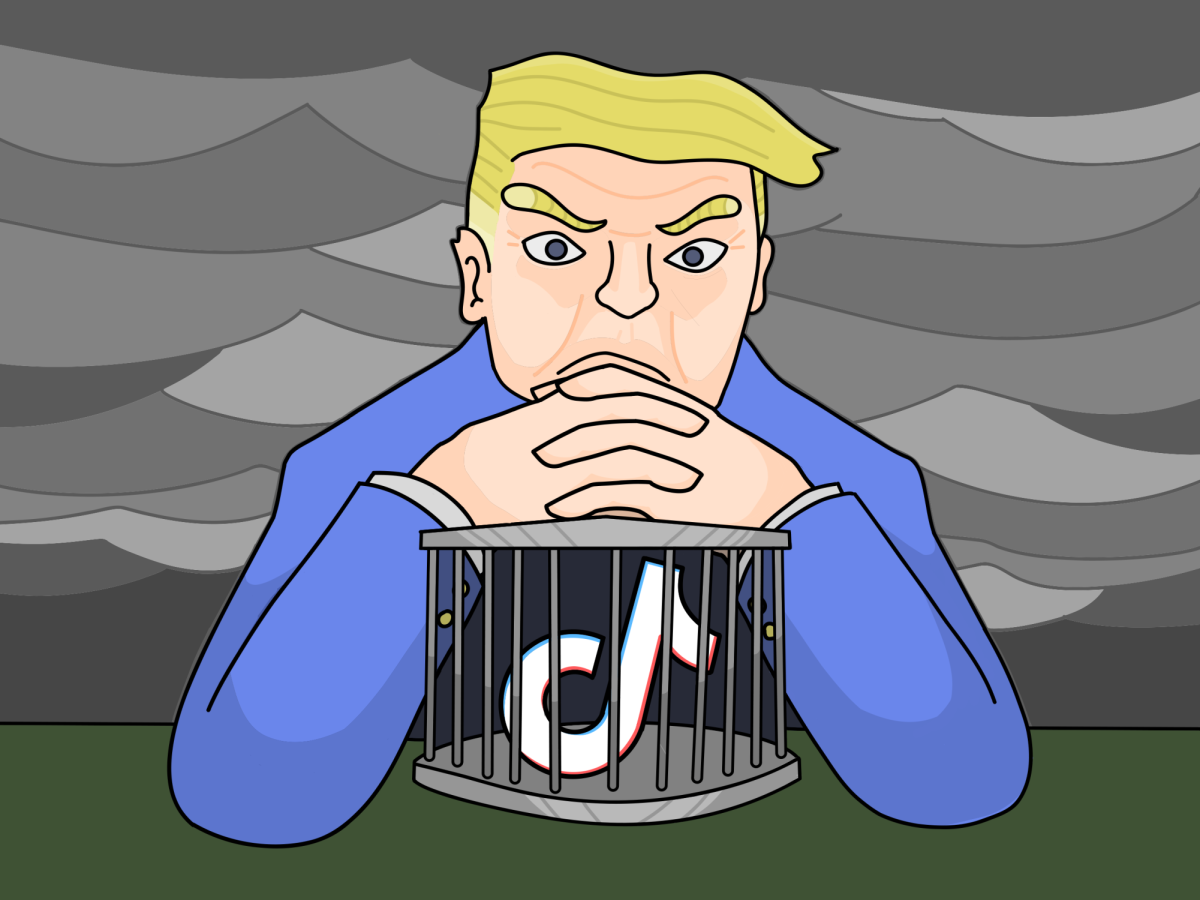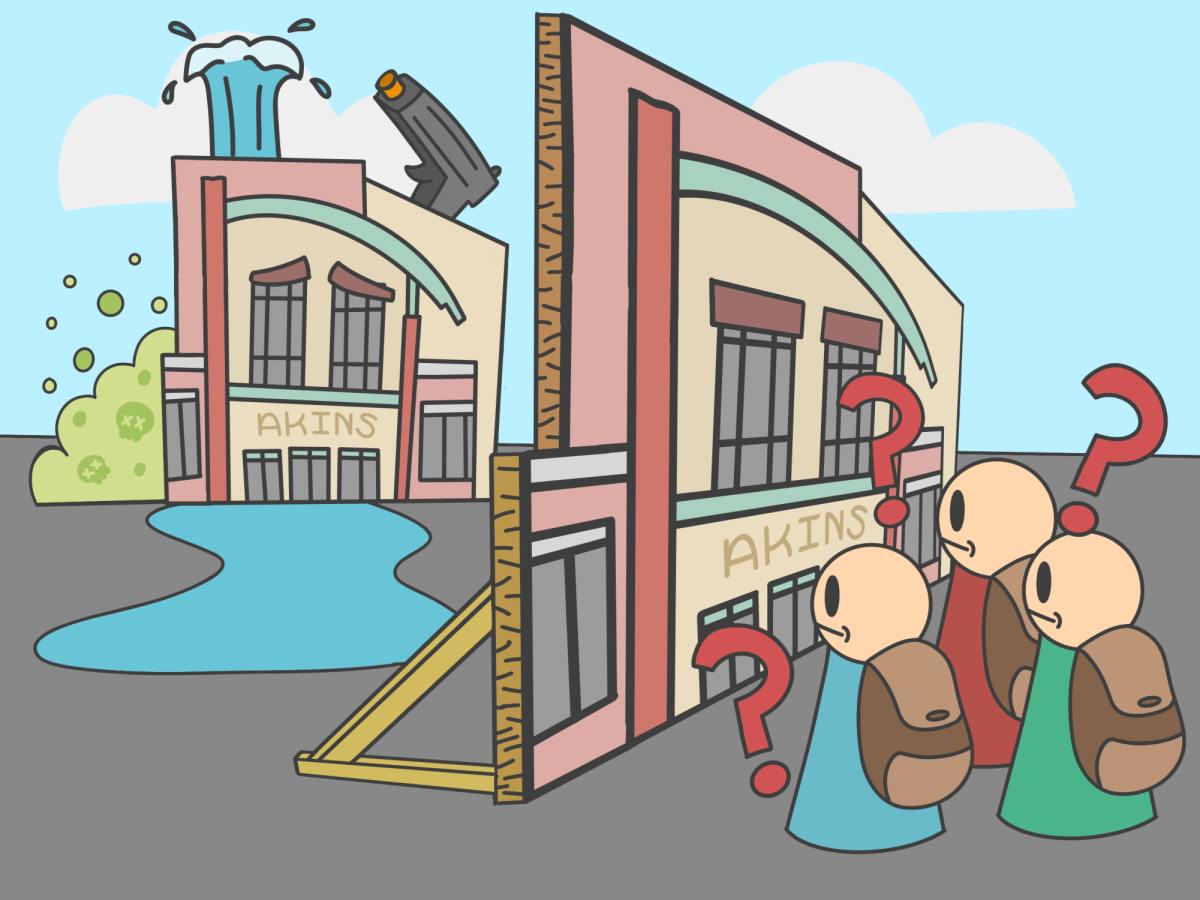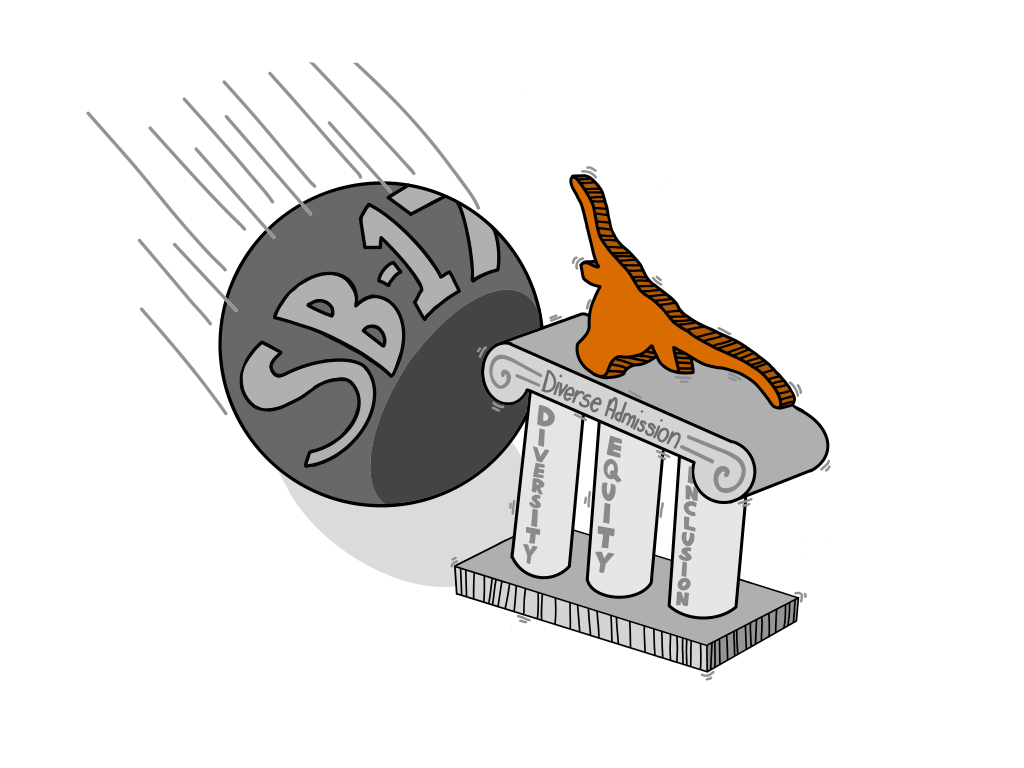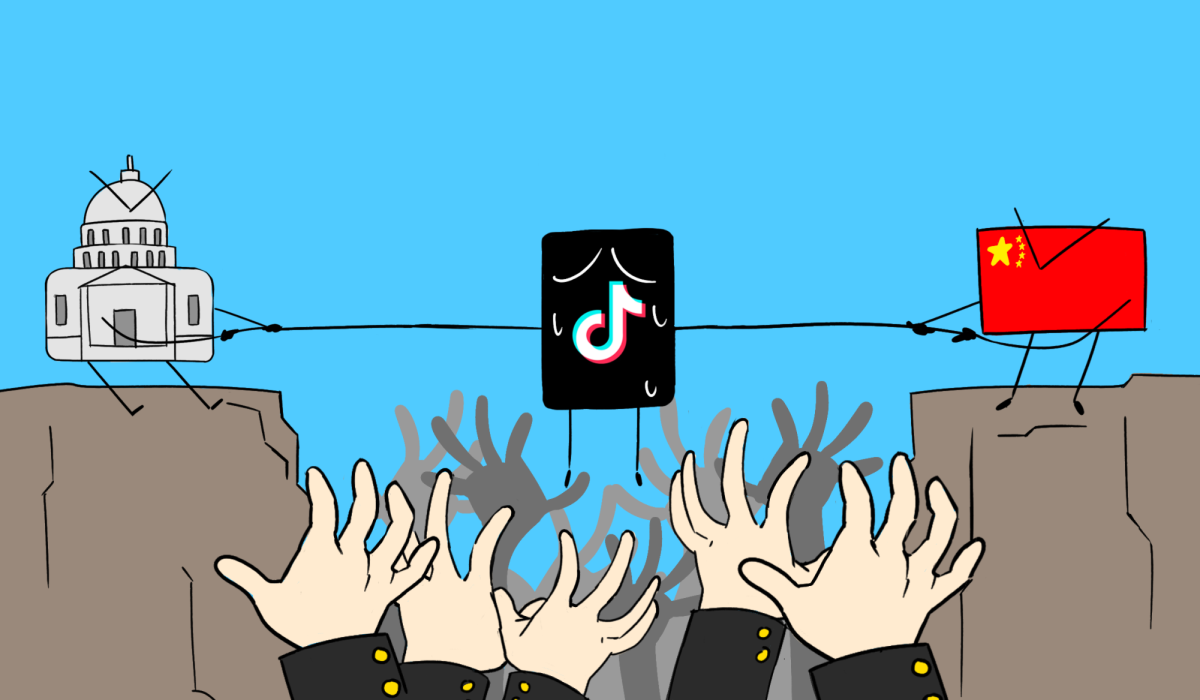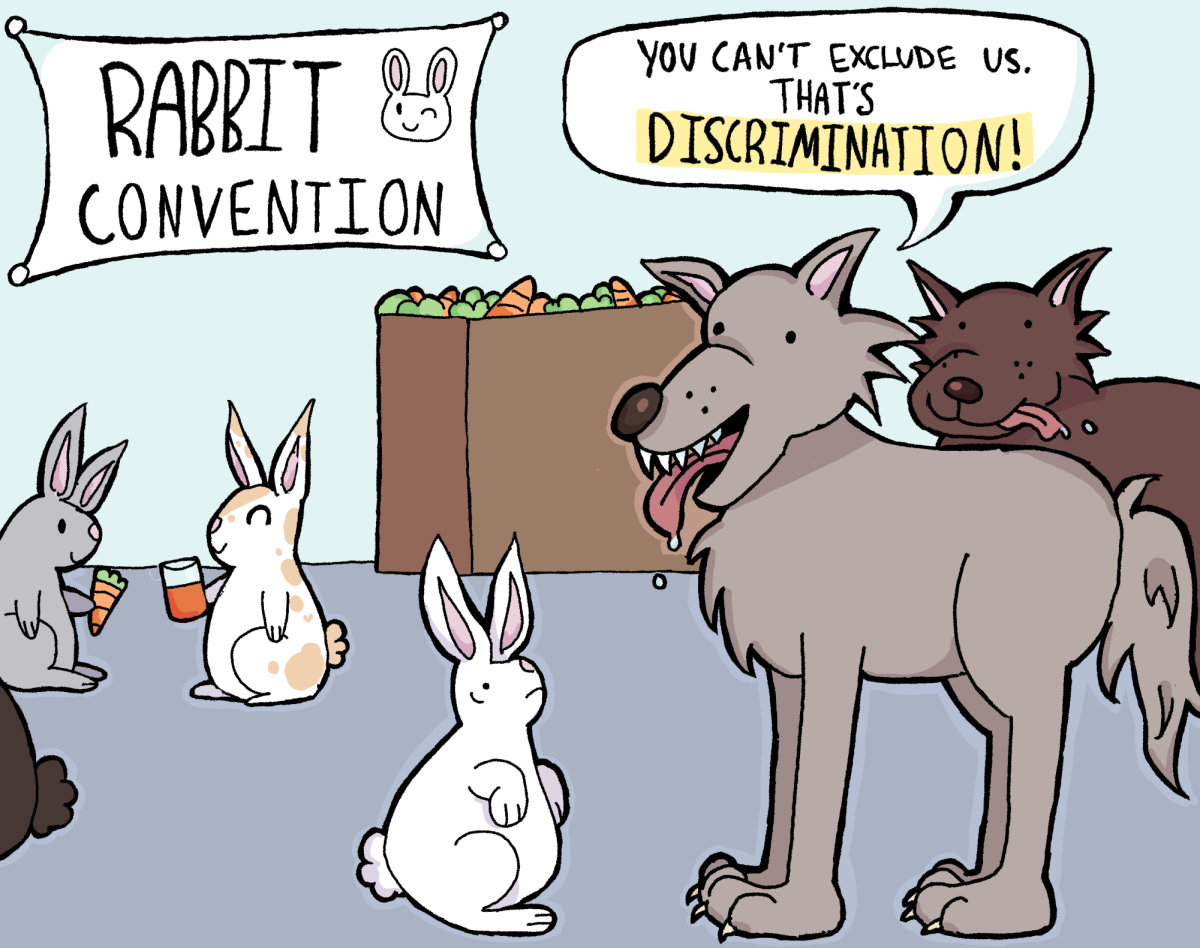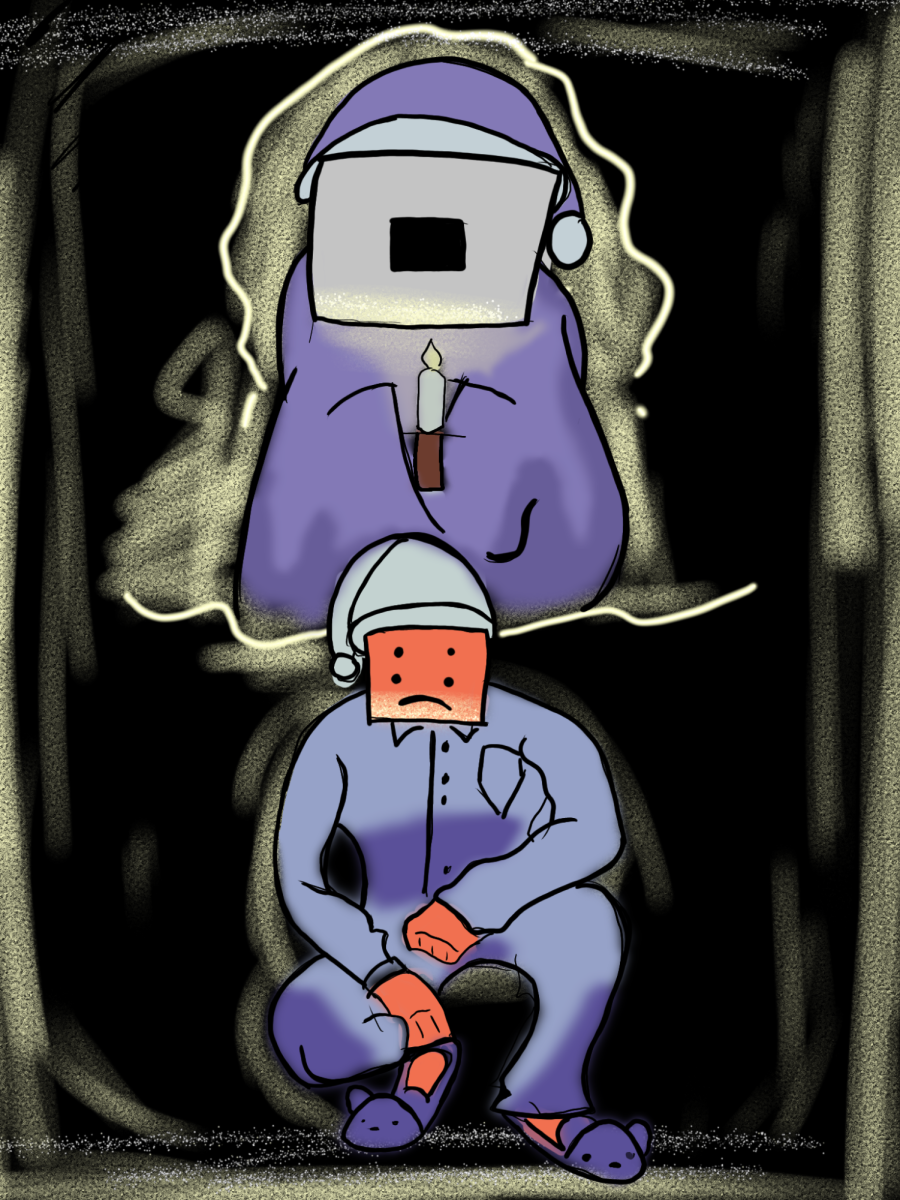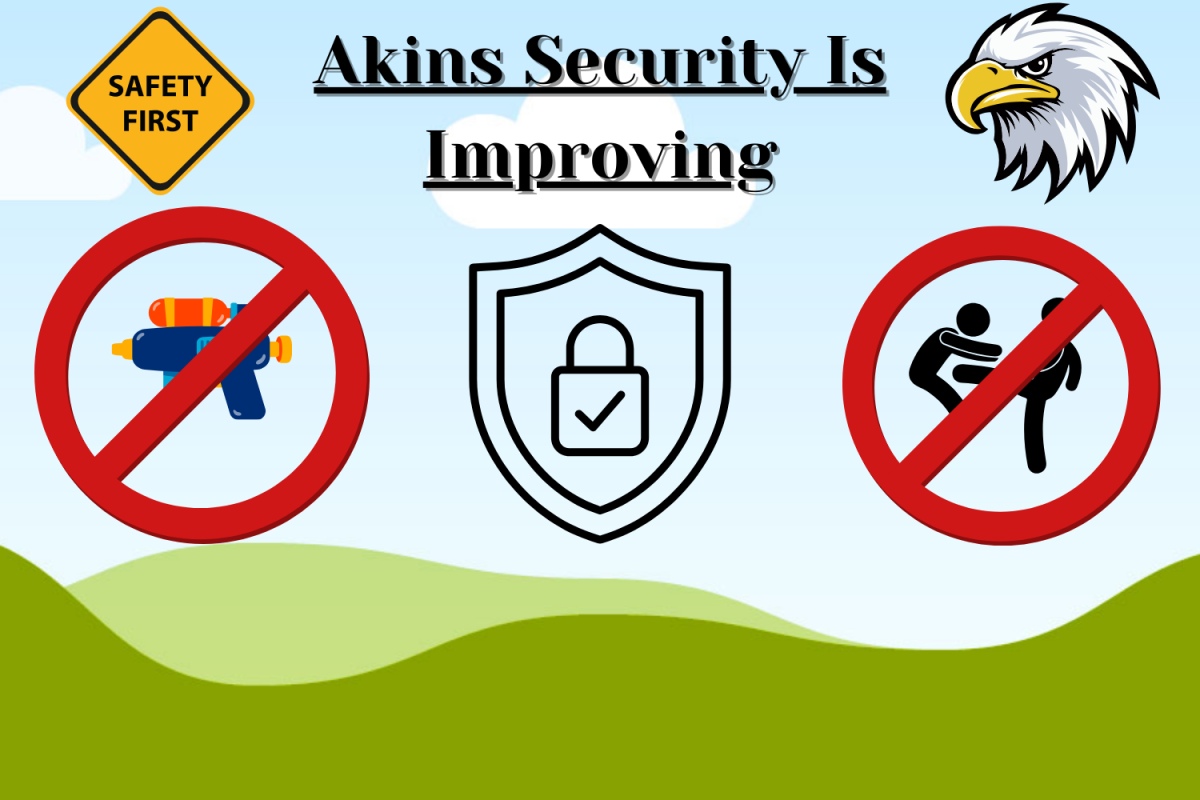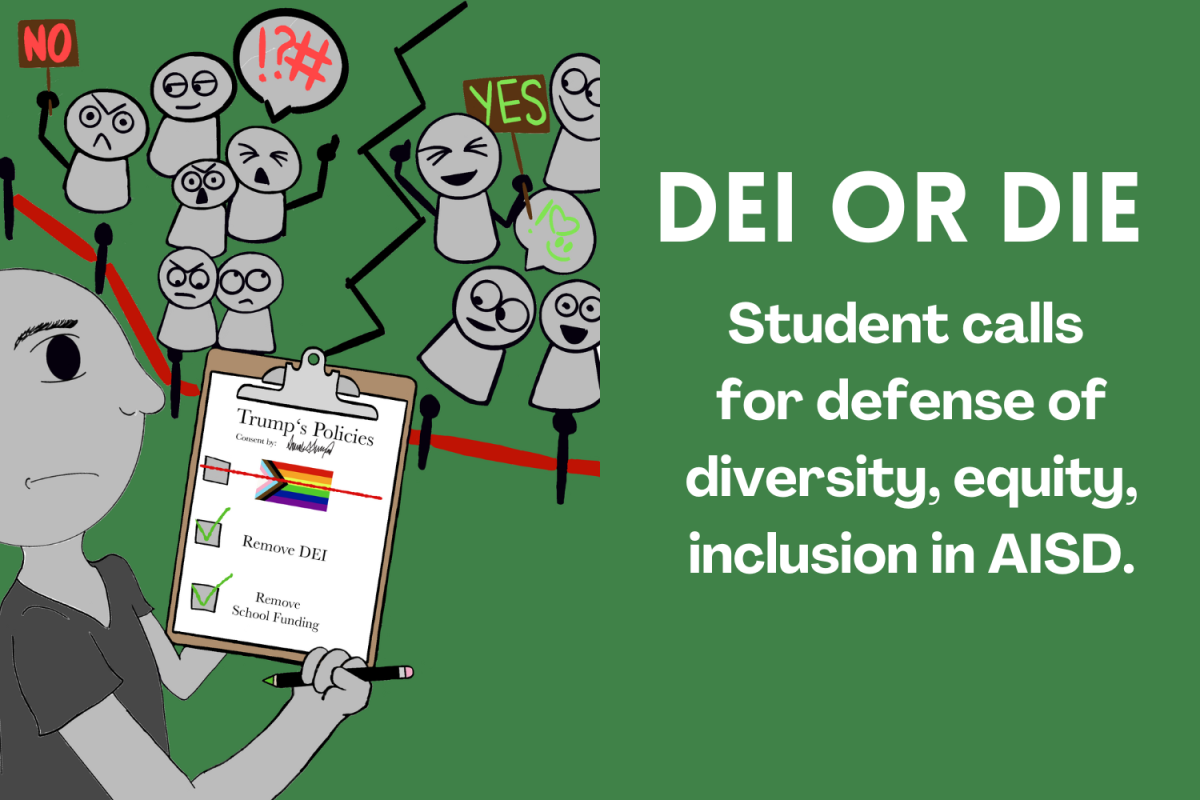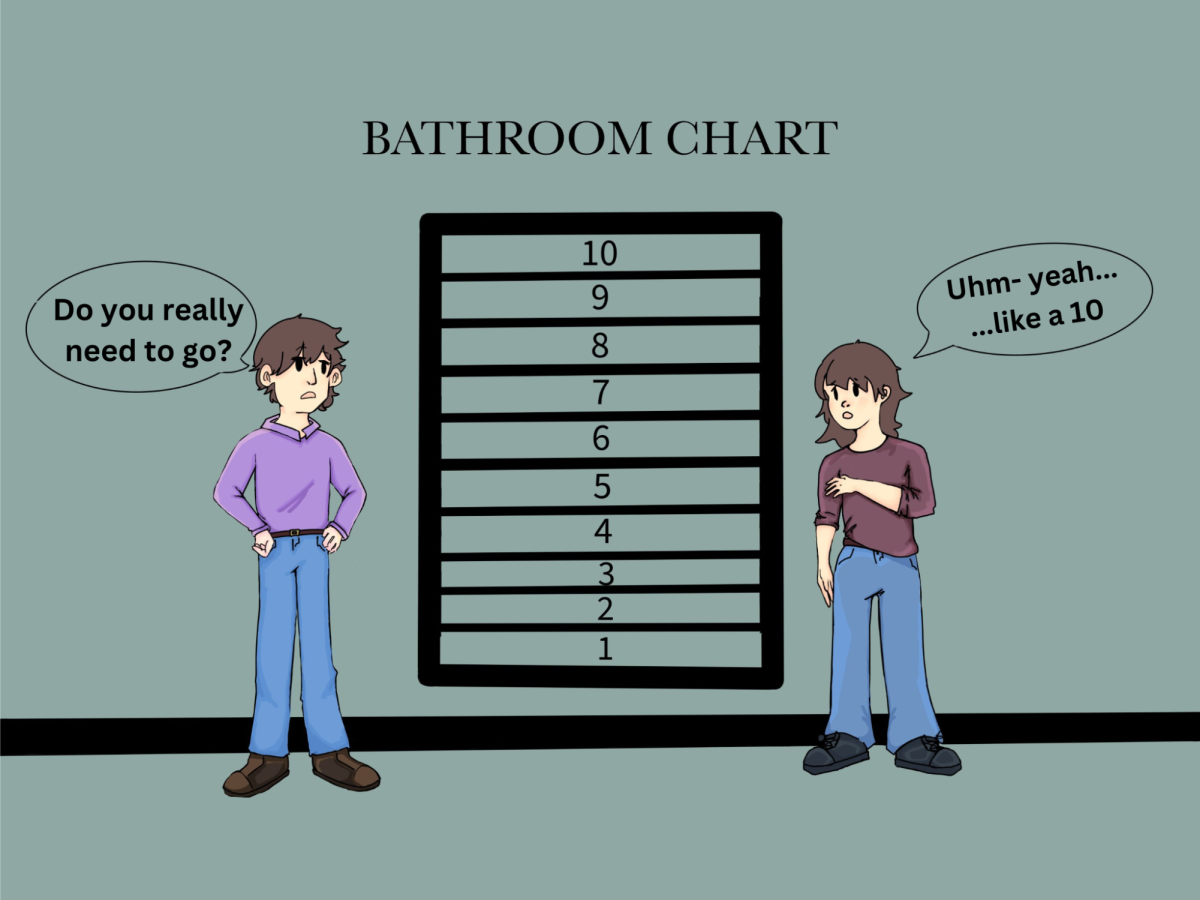Every time an election is on the horizon, Americans often utter a dreaded phrase: “My vote doesn’t matter anyway.”
But it does. Claiming your vote doesn’t matter may be a clever trick to convince yourself that going through the effort to register, research, and turn out to the polls wouldn’t be worth it and that it’d be a waste of your time. Nevertheless, it’s still just a trick. And a dirty one, too. Your vote matters and it holds more value than just hoisting politicians in Washington, D.C. into positions of power.
A recent online survey by The Eagle’s Eye demonstrates this reluctance to vote with 63.3% responding that they do not plan to vote.
It’s easy to envision your vote as a singular drop in a giant bucket of water. A drop that would hardly serve to raise the water level above the threshold needed for your candidate to win. However, only about half of eligible voters turned out for the last presidential election (66%) and many swing states were decided by less than a percent such as Georgia’s 49.5% to 49.3% — a percentage point difference of only 0.2. With such close polling, the non-voting population’s vote does matter.
Now, it can seem like a single vote doesn’t matter. Sure, you’re only one in 79 million Americans. However, your vote is a building block that can add up to enough votes to put a chosen candidate over the top. In isolation, it might feel like your vote doesn’t matter, but your vote is not alone. It stands together with the rest of the voting population; each individual’s vote lowers the threshold needed for their preferred candidate to win.
In Texas, this very phenomenon can be seen in effect through our state’s presidential votes throughout the past 24 years. In 2000, only 38% of the state voted for the Democratic Party. And yet, that percentage has slowly grown over time: 41.4% in 2012, 43.2% in 2016, and 46.5% in 2020. With the tendency for younger generations to lean left, a surge in youth voting might shift Texas from a Red state to a Purple one.
Understand the weight you pull
But if you still think your individual vote won’t matter with the massive scale of the presidential elections, then try local. Only around 100,000 Austinites voted in the State House of Representatives election District 48, which includes where Akins is located. And there were only about 50,000 Austinites who voted in the races for the state senate districts 14 and 21, which cover the attendance area for Akins. While 100 voting-age Akins seniors probably wouldn’t cause a major shift in presidential results, they definitely could determine a close local election.
Local elections can even be more important than national ones. After all, most legislation that will affect you directly comes from the state. The national government only holds the powers directly enumerated in the Constitution. That means that the best way to see direct change is to vote in local elections.
Another thing to consider is that a majority of voters are over the age of 50. In fact, only 15 percent of voters in the 2020 election were under 30. The politicians that represent us act on the wishes of their voters. Because if they don’t they’ll lose their position in office. That’s the beauty of our democratic system. But none of that matters if you don’t vote. If you want the government to take action on the issues that affect you, you need to vote. If you want a representative to support you, it helps get their attention when you engage in the process and let your voice be heard through your vote.
And it’s very easy for politicians to ignore the current crippling economic situation which disproportionately affects the generation about to enter the workforce. The concerns of young people won’t be a priority for politicians if their voter base is composed of financially secure elderly Americans. So, if you want to help ensure your future post-college or trade school, it’d probably be in your best interest to make sure that politicians are acting to do just that.
The importance of the youth vote
On the other hand, politicians do see the youth as an untapped voter base that could help sway an election in their favor. After all, the youth vote helped Barack Obama win his 2008 presidential bid. And over the past 20 years as the Democratic Party has captured more and more of the youth vote it’s also seen its presidential candidates consistently win the popular vote — even if they fail to win the electoral college.
But, it’s not just Democrats that realize the power of the youth vote. Former President Donald Trump has been shifting more focus to the youth this election cycle. He’s made appearances with two popular influencers — Logan Paul and Adin Ross — and leaned into more pro-youth policy such as his opposition of the potential “TikTok ban.”
Vice President Kamala Harris has also been focused on campaigning for the youth vote. Along with posting TikTok videos as an alternative way to attract the youth, she’s also been utilizing social media trends to her advantage. Over the summer, Harris was able to align herself with the “Brat Summer” trend by virtue of an endorsement by the creator of Brat — Charli XCX.
The presidential candidates know your vote matters. They know that if they’re the one to get you to show up, they’ll drastically increase their chances of winning. But, the fact that they’re campaigning for the youth doesn’t mean they’ll fight for young people if they win. Again, they’re only obliged to fight for those who actually vote for them. They’ll only be motivated to fulfill their promises if young people are key to their victory.
Despite all this campaigning by current presidential candidates, the fervor over the youth vote is relatively new in the history of our nation. The 26th Amendment — which established the national minimum voting age at 18 — was only ratified in 1971. In other words, teenagers have not always had the right to vote.. It was fought for by the youth of yesterday. The youth of that era saw an injustice within the fact that while they could be drafted, they couldn’t vote. And so, they fought for their right to vote and — more importantly now — yours, and they got it.
The deadline to register to vote is today, Oct. 7. We encourage all eligible voters to go to the polls on Nov. 5 to let your voice be heard. Your vote matters.

